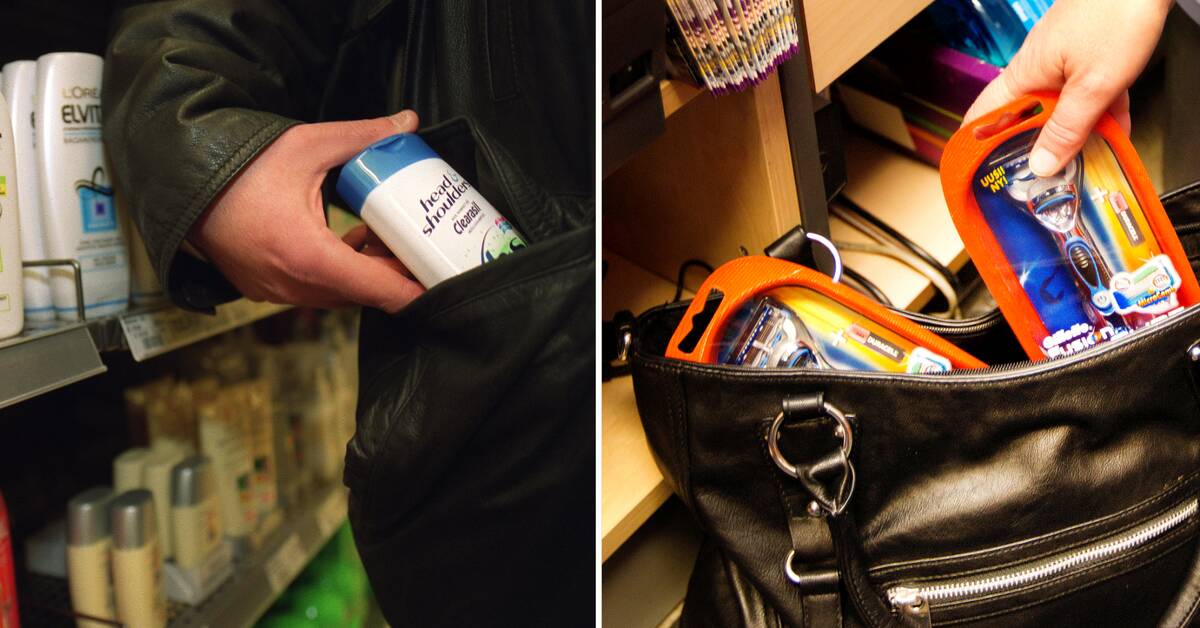At Ica in Alvesta, they discover shoplifters daily and the trader Gabriel Fransson thinks that the new law with access bans has worked well.
"It's been easy to just submit a piece of paper to the prosecutor's office," he says.
At his store, they have been banned from entering three people since the law was introduced and none of them have returned to the store after that.
Major differences within Småland
Between 1 March 2021, when the law came into force, until 1 February 2023, there have been 1460 cases involving access bans throughout the country. Most of them are about shops, but also swimming facilities, libraries and sports events are included. Of the 1460 cases, 695 were granted access bans.
But there is a big difference between the prosecutors' decisions, according to the statistics requested by SVT Nyheter Småland.
The Kalmar Prosecutor's Office has granted 31 out of 51 applications, which is 61 percent. In Växjö, 16 out of 30, or 53 percent, were approved. In Jönköping, only 10 out of 40 applications were approved, which is 25 percent.
Hard to know why
According to prosecutor Emma Berge, it is difficult to say why it is spreading, because each prosecutor makes his own assessment. The differences may be due, among other things, to the documentation received, but also to other circumstances.
"Each case looks different, but it can, for example, be that the person has moved from the locality and then there is no need for a ban on access. A person may be in custody for another crime and then it is not needed either. It could be because of things that the individual merchant doesn't know about or understand," she said.
The Development Centre of the Prosecutor's Office is considering carrying out a thematic review of bans on access to shops, to look at, among other things, what the differences may be due to. The supervisory report is expected to be completed in November this year.

